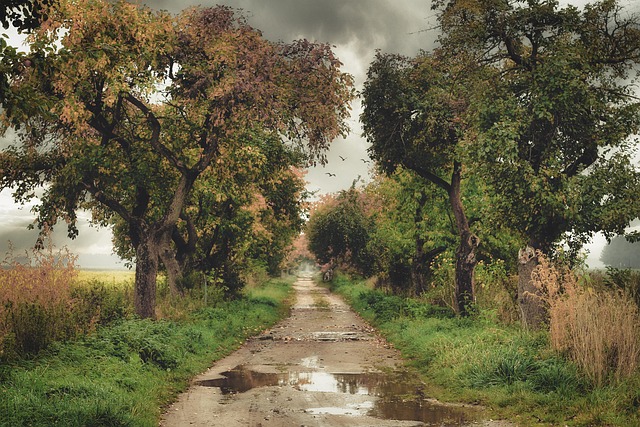Water conservation begins with family habits like shorter showers and efficient fixtures. Fixing leaks, using water-efficient appliances, and adopting drought-resistant plants are additional tips. In today's digital age, efficient appliances and outdoor practices like timed sprinklers and rainwater collection are key. Educating children about water's value and involving them in simple tasks promotes responsibility. Community actions and awareness campaigns further secure local water sources and foster sustainable choices.
Educating your family on water conservation is a powerful way to protect this precious resource. Understanding daily water usage at home is the first step. By adopting simple habits like fixing leaks, using efficient appliances, and limiting outdoor watering, families can significantly reduce their impact. Involving kids in these efforts fosters environmental responsibility. Additionally, community actions and awareness campaigns play a vital role in spreading water conservation tips and creating a sustainable future.
- Understanding Water Usage at Home
- Simple Daily Habits for Conservation
- Efficient Appliances and Fixtures
- Outdoor Water Saving Tips
- Involving Kids in Water Conservation
- Community Actions and Awareness
Understanding Water Usage at Home
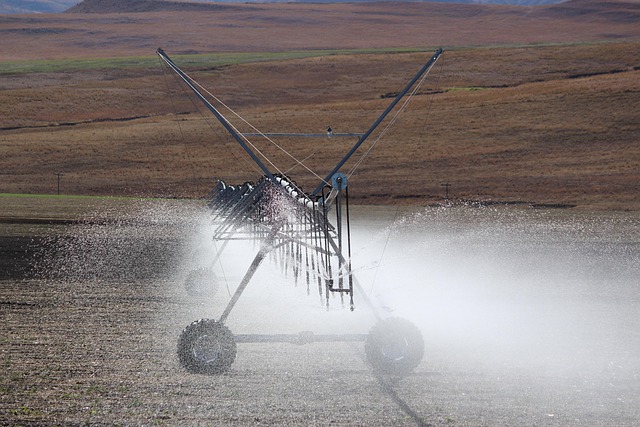
Water is a precious resource, and understanding your family’s water usage is the first step toward effective water conservation. Start by identifying daily activities that consume the most water. For instance, taking longer showers or filling up the bathtub rather than using a shower head designed for efficiency can significantly impact overall water consumption. Simple water conservation tips like installing low-flow fixtures and using water-efficient appliances can make a big difference.
Encourage family members to be mindful of their habits, such as turning off the faucet while brushing teeth or washing hands. Also, consider the outdoor activities; watering lawns and gardens during cooler parts of the day and using drip irrigation systems instead of sprinklers can reduce water wastage. By adopting these water conservation tips, families can contribute to preserving this vital resource for future generations.
Simple Daily Habits for Conservation
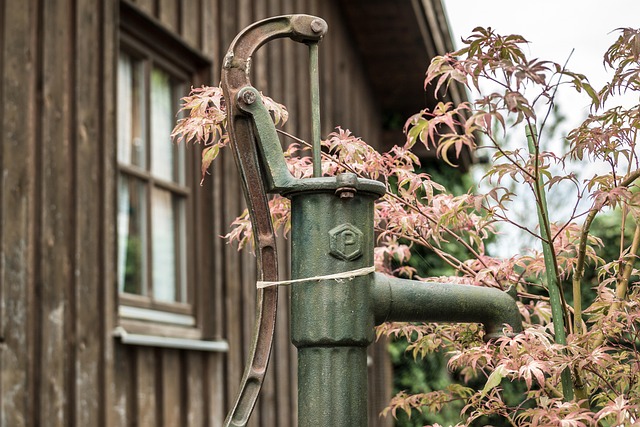
Incorporating simple daily habits can significantly contribute to overall water conservation efforts, especially within families. Encouraging basic practices like turning off faucets while brushing teeth or washing hands, and using the shower instead of a bathtub for shorter periods, can lead to substantial water savings. These actions might seem insignificant individually but collectively, they have a profound impact on reducing water usage.
Additionally, teaching family members to fix leaks promptly, utilizing water-efficient appliances, and adopting responsible gardening methods by choosing drought-resistant plants are effective water conservation tips. Simple adjustments in daily routines can go a long way in ensuring a sustainable future, especially considering the global importance of preserving this precious resource.
Efficient Appliances and Fixtures
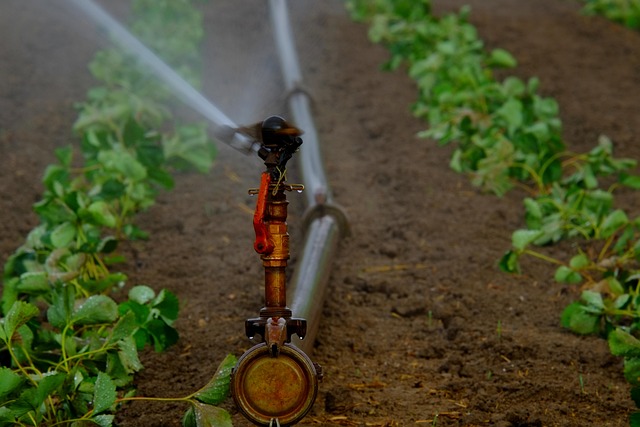
In today’s digital era, folks are increasingly recognizing the importance of water conservation tips for a sustainable future. One effective way to start is by investing in efficient appliances and fixtures. Modern technology offers numerous options that significantly reduce water usage without compromising performance. For instance, low-flow showerheads and faucets can cut down on water consumption while still providing adequate pressure and flow.
Moreover, energy-efficient washing machines and dishwashers not only save electricity but also use less water per load. These appliances are designed to maximize efficiency, ensuring that every drop of water is utilized optimally. By adopting such innovations, families can play a pivotal role in preserving this precious resource for future generations, contributing to broader water conservation efforts.
Outdoor Water Saving Tips
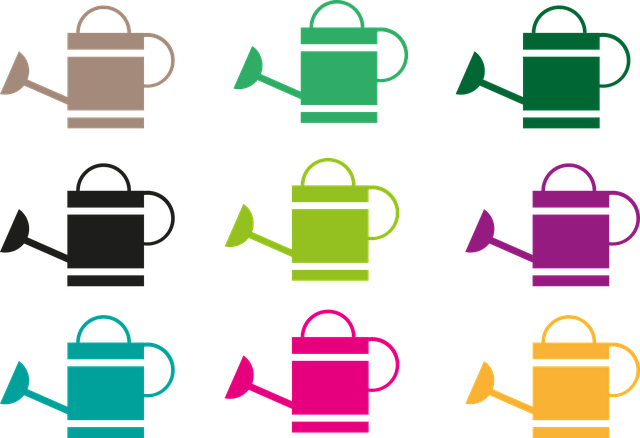
Outdoor water saving tips are essential for families looking to contribute to water conservation. A simple start is to install water-efficient sprinklers and timers, ensuring your lawn gets the right amount of water at the most efficient times. This reduces waste by minimizing evaporation and runoff. Additionally, consider switching to drip irrigation systems which deliver water directly to the plant roots, saving a significant amount compared to traditional sprinkler methods.
Another effective strategy is to be mindful of outdoor activities. Encourage handwashing over using hoses for cleaning, opt for quick showers instead of letting the tap run, and collect rainwater for gardening. During hotter months, create shade for your plants to reduce evaporation, and choose drought-resistant plants that require less frequent watering. These simple practices not only conserve water but also foster a more sustainable outdoor lifestyle.
Involving Kids in Water Conservation

Involving children in water conservation efforts can be a powerful way to instill environmental responsibility from an early age. Start by educating them about the importance of water as a precious resource and how daily choices can make a difference. Teach simple water conservation tips like turning off the tap while brushing teeth or washing hands, using water-efficient appliances, and fixing leaks immediately. Make it fun by transforming these actions into games or challenges, encouraging competition among siblings to see who can save the most water.
Additionally, involve kids in household tasks related to water conservation, such as watering plants early in the morning to reduce evaporation, using a bucket instead of a hose for pet washing, and choosing activities that minimize water use, like playing with playdough or reading books instead of engaging in water-intensive outdoor games. By actively participating in these practices, children will not only learn valuable lessons but also contribute to preserving this vital resource for future generations.
Community Actions and Awareness
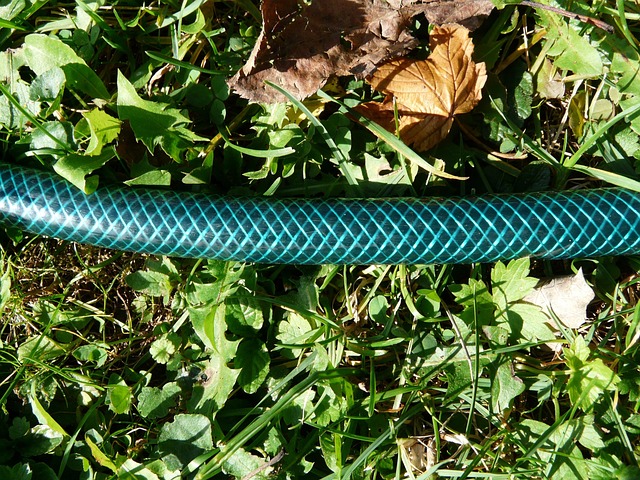
Community actions play a pivotal role in promoting water conservation efforts. By organizing local initiatives, such as neighborhood clean-up drives and tree planting programs, residents can significantly contribute to preserving their local water sources. These activities not only enhance the aesthetic appeal of the community but also help prevent water pollution by reducing debris and fostering a healthier environment.
Awareness campaigns are another effective strategy to educate families on water conservation tips. Schools, community centers, and local government bodies can collaborate to host workshops, seminars, and interactive programs that highlight the importance of responsible water usage. Sharing practical advice like fixing leaks, using water-efficient appliances, and adopting rain harvesting methods can empower individuals to make sustainable choices in their daily lives, ensuring a more secure future for all.
